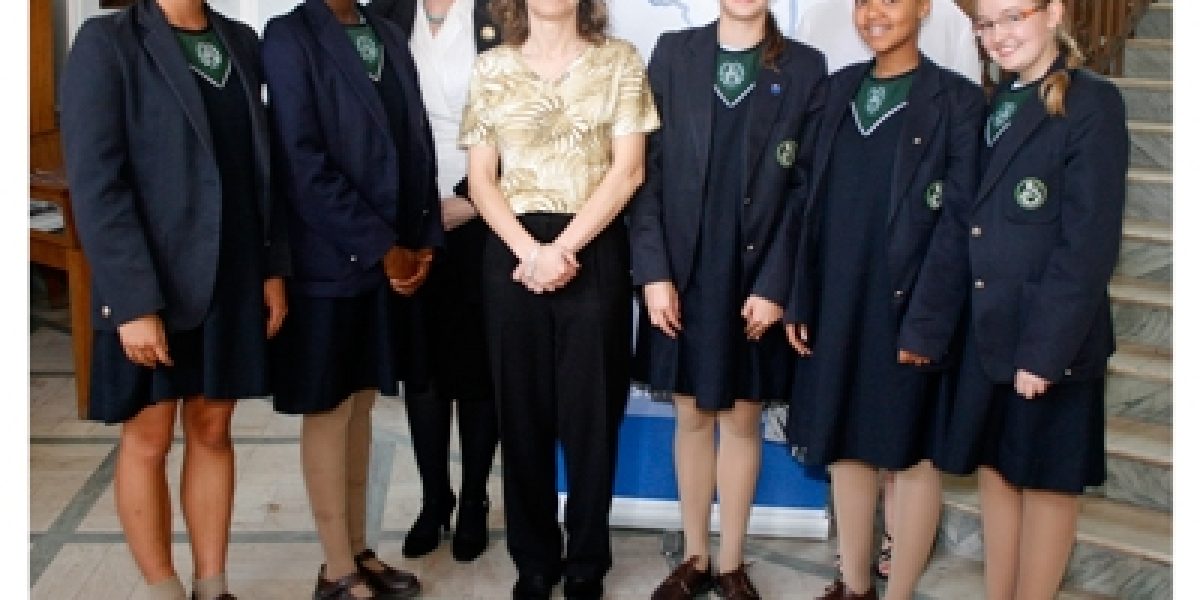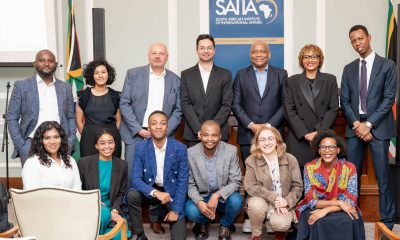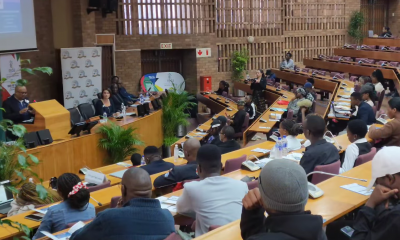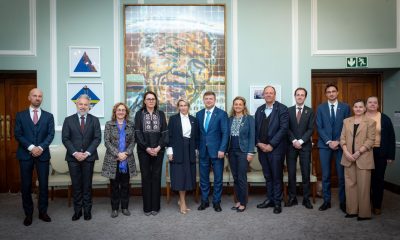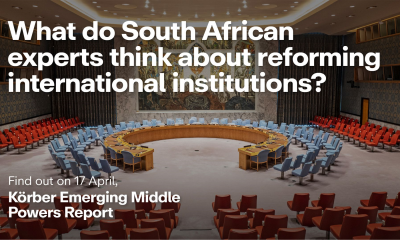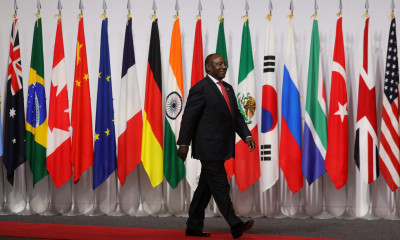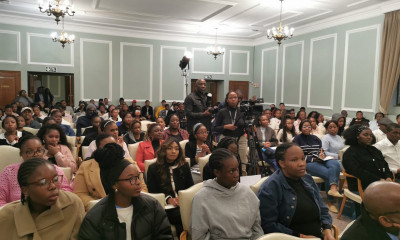The International Careers Evening is an annual highlight, organised by SAIIA interns to introduce students to the varied careers in the field of international relations. The event attracts over 160 undergraduate and postgraduate university students from across Gauteng. Since South Africa’s return to the international community, a wealth of new opportunities has opened up for young South Africans and SAIIA is well placed to assist in introducing them to these dynamic careers.
Through these programmes SAIIA engages with the wider question of involvement by young South Africans in the major international issues of the day. We seek to engage the youth of our country in the debate on issues such as environmental change and global warming, security and terrorism, democracy and governance, conflict resolution, and international trade.
Despite the success of these programmes, there exists a need to create an overall youth development strategy that would ensure the sustainability of the projects and bring the young people participating in these activities into the SAIIA membership and staffing cadres.
To address this, SAIIA wishes to establish a Youth Development Programme with initial funding for three years to plan and execute a holistic project. Although it would be based at Jan Smuts House it would also assist where logistically possible the branches with their outreach efforts to schools and universities. The appointment of a Youth Development Officer, preferably someone with experience of and a passion for youth work, would be an essential part of this project.
The proposed project would have an estimated cost of R1.2 million. This would include the appointment of a dynamic Youth Development Manager to coordinate the project, along with a Youth Development Intern from a disadvantaged background. It is anticipated that this dynamic team will be able to travel to universities and schools, locally and nationally. Where possible, SAIIA also intends to transport learners from disadvantaged backgrounds to SAIIA events, where they will be able to network with staff and university students.

